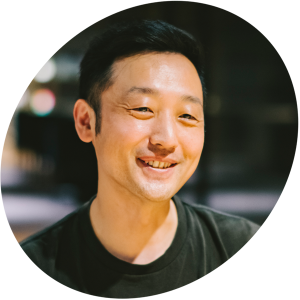Mr. Haruyuki Seki, who has been appointed as a special member of Future Designer since July this year, adds value from various perspectives to the Future Design Shibuya project. Starting with activities at Code for Japan, a general incorporated association, he has been searching for ways to use technology to make society better. We asked Mr. Seki about what he has done so far and what he would like to do in Shibuya in the future.
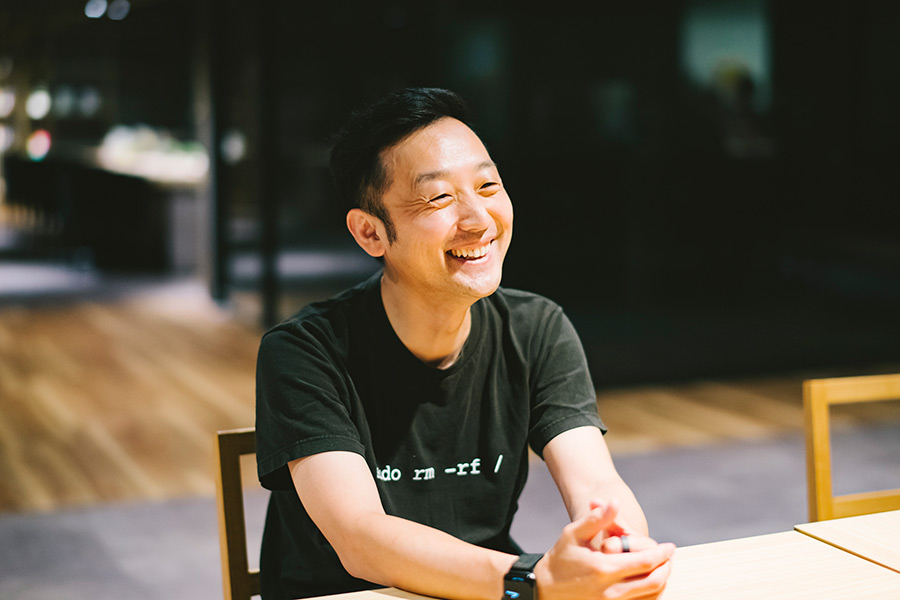
Utilize your own technology not only for companies but also for society
——First of all, please tell us about your career so far.
Originally, I was an engineer and worked at various companies such as startups. Now I run a company, but I still do my own coding and consider myself an engineer.
At first, it was a start-up, such as an advertisement distribution service using GPS, and in the old days, a service that created ringtones. In the midst of this, when the Great East Japan Earthquake struck, I volunteered to create a website with a group of volunteers who gathered together to gather information about the affected areas. Until then, I had a vague idea that my technical skills would be useful for companies, but I became interested in using them to solve problems.
After that, as I continued to search for ways to help the disaster-stricken areas, I started talking to people in the government. has reached the launch of
While supporting the development of applications for tablet terminals that transmit information to evacuees in disaster areas, and working on open data activities that publish data on evacuation centers and disasters, we are gradually helping various local governments. Now, activities in the area of civic tech (*Citizens' efforts to solve social issues using technology) and so-called Gabtech (*government and private sector work together to utilize technology) We are conducting activities such as conducting various trainings in areas such as improving the efficiency of administrative services, and actually providing software.
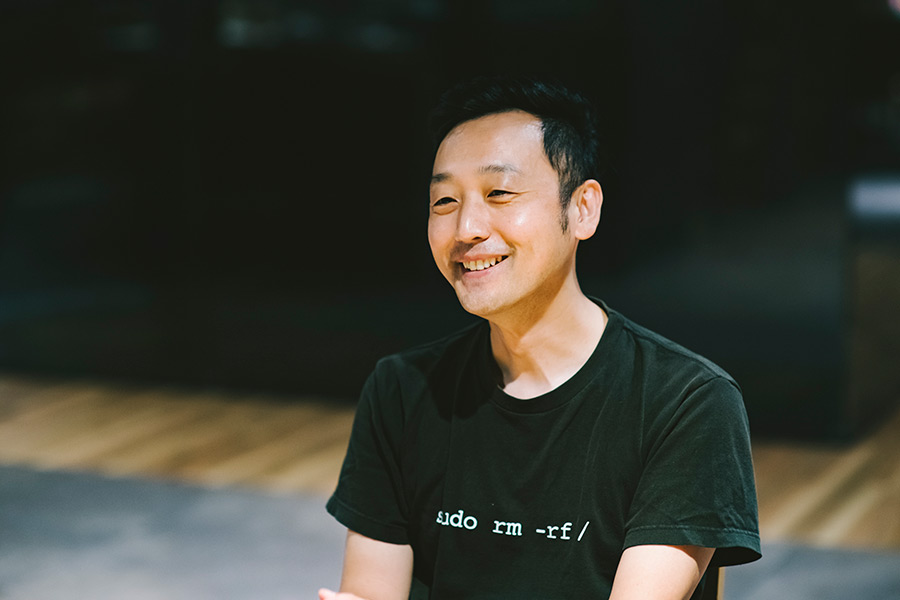
——What is Seki-san’s main business?
I haven't decided what my main business is anymore, and I don't think I need to decide. I also do Code for Japan, and I own two companies. I also work at the Digital Agency, and I am also a fellow of the local government.
What is your main business? For example, in terms of income, my own company has the highest percentage of income, but in terms of time spent, it's not. It's big.
——Are there any consistent thoughts in each of your activities?
yes. After all, I am an engineer, so I want technology to be used more effectively in the world.
What I have been feeling especially since the earthquake is that if technology is not used properly, it can be used in bad ways, such as dividing people, depriving people of their jobs, and creating conflicts. Thing. That's why I want to make sure that it goes in the direction of making the world a better place.
To that end, it is necessary for both those who use technology and those who create it to exchange opinions on an equal footing. For example, in the case of a service for the government, instead of the government saying, "I don't know the technology, so I'll leave it to you," or the engineer saying, "I don't know about urban development," we can come together and aim for what kind of society with what kind of technology. I need a situation where I can talk about going. So, for example, if it is Code for Japan, it will enter the government and also enter the local community willingly. I believe that technology is the weapon that connects these things to create a better society.
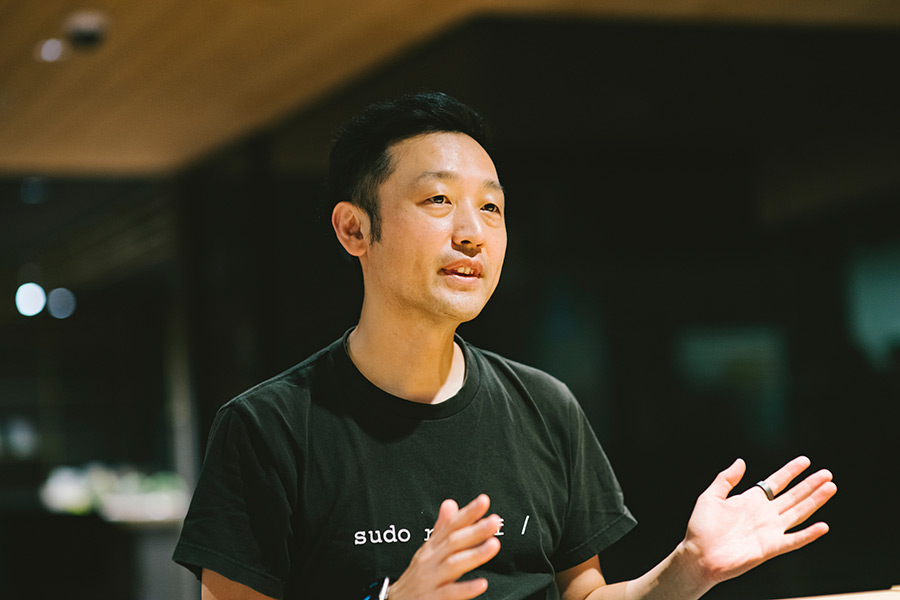
A city where everyone can freely and creatively use public spaces
——In the midst of all this, I have been appointed as Future Designer for Future Design Shibuya. From Seki-san's point of view, what kind of town is Shibuya?
It's been quite a while since I moved to Shibuya myself, but I live in Hatsudai, so rather than the busy atmosphere around Shibuya Station, I have a strong impression of a calm town. It's a city with a lot of greenery, such as Meiji Jingu Shrine and Yoyogi Park.
——Is it possible that technology can contribute to the utilization of such public spaces to enjoy nature?
For example, in order to make more use of the greenway space, I think there are ways to use data that allow everyone to use the space more freely and creatively.
At FDS, it has started to be introduced as part of the Sasahata Hatsu Machi Lab (*a project that co-creates with local residents in the Sasazuka, Hatagaya, and Hatsudai areas to make the town more attractive). I think that technology can contribute greatly to the creation of a system that allows us to make proposals and to change the space together.
Technology has made it easier to gather opinions and build consensus for building a city together, and it has become possible to visualize how things have improved by making changes together. I think it would be great if we could use technology to support that feeling.
Also, it would be nice if it became more accessible and commonplace for ordinary people.
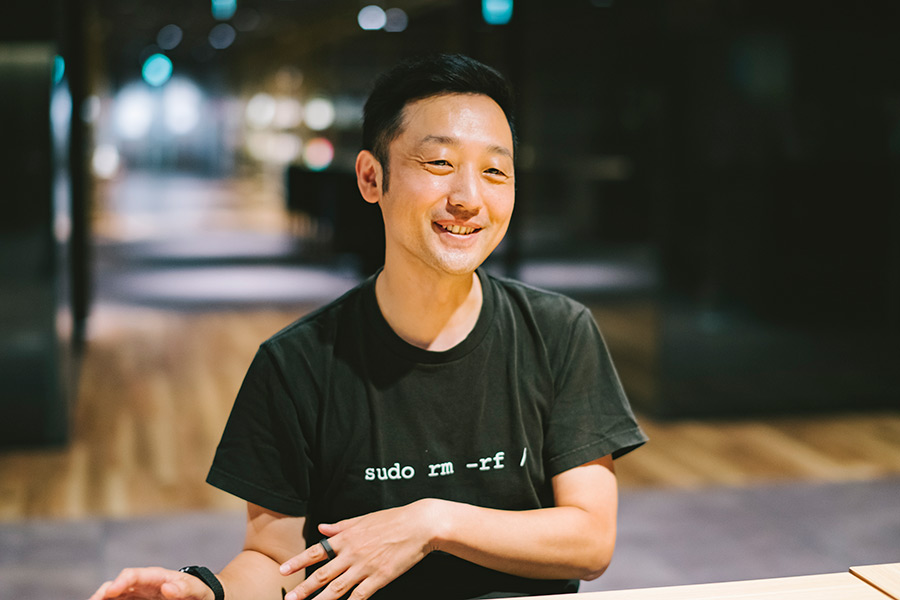
——Technology tends to be thought of as something that is only open to a limited number of people with knowledge and experience. That's great.
yes. For example, I think it's great that children can express their opinions directly, have their opinions actually adopted, and that a diverse range of parties can participate. I'm here.
——Finally, please tell us about your future activities and vision.
I think it is important for the residents to be able to try things out more freely in the city if they have something they want to do. I hope that I can do something to make it bigger.
When there is a problem to be solved or a request for a community, I would like to have tools that allow people to express their opinions more positively from the perspective of community development, instead of complaining about it on SNS.
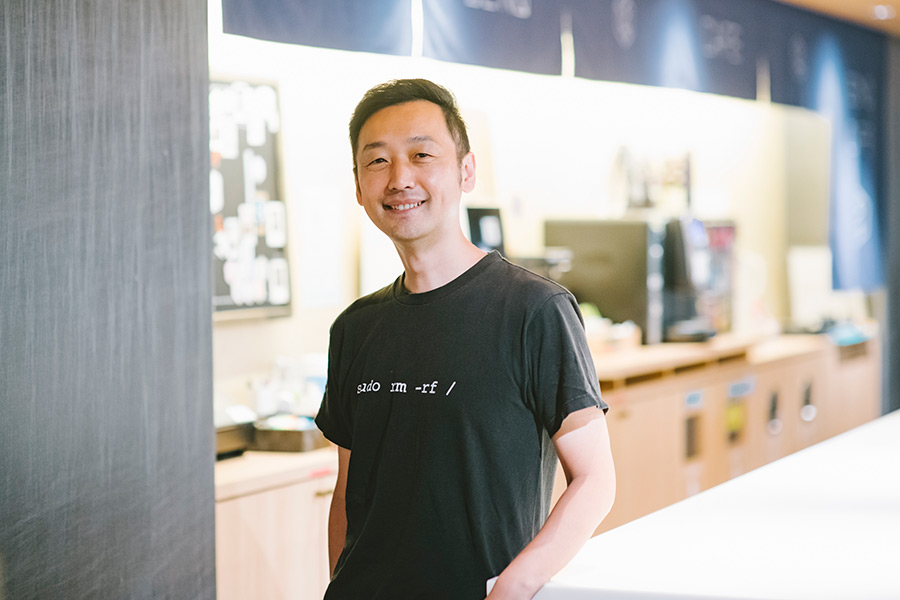
Future Design Shibuya Future Designer interview
Chiaki Hayashi – Thoroughly face the future you really want to live in
Mr. Seiichi Saito – High-resolution Shibuya town, matching puzzles to solve problems using data



